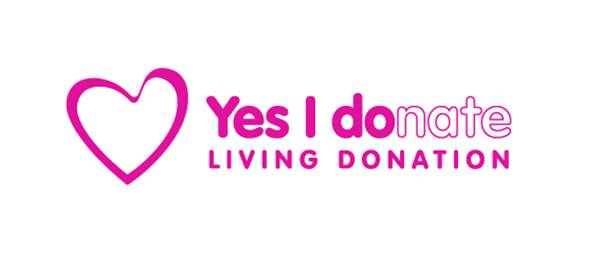Kidney donation and mental health
Do all donors need a mental health assessment?
It is recommended that all potential non-directed (altruistic) donors meet with a mental health professional at an early stage of the process. For directed donors considering donation to a relative or other close contact, you may also be asked to meet with a mental health professional, particularly for those who have a history of contact with mental health services, are on antidepressant, anti-anxiety or antipsychotic medication, or if you report significant mental health symptoms when first seen. Donating a kidney can be a very emotional process. We want to ensure, as much as we can, that the emotional impact of donation is not likely to be harmful to you. Many donors, therefore, have a mental health assessment. This is not in any way a judgement of you or intended to be discriminatory (in a similar way, anyone who had previously experienced heart problems, or was on heart medication, might expect to see a specialist heart doctor as part of the pre-donation assessment). Most people referred for a mental health assessment go on to donate, but some may be identified as needing additional support in the period before or after donation.
Could mental health problems prevent kidney donation?
Potential donors are not ruled out automatically just because they have seen a counsellor or have been prescribed antidepressants.
Where mental health problems are in the past, or relatively mild, and responsive to treatment, they need not prevent donation. If, on the other hand, they have been more serious (for example requiring repeated admissions to psychiatric hospital), it may not be in the interests of your health to donate.

Could alcohol or drug use prevent kidney donation?
Continuing heavy alcohol intake and/or use of recreational drugs would probably prevent donation going ahead. Previous use, which is not continuing, may not prevent donation, depending on how long ago it was, how severe, and what problems it caused. Again, this would be considered as part of the assessment for donation.
Is counselling available to kidney donors?
Donating a kidney can be an emotional process. Different transplant centres and units have a variety of services available post-donation. Some have counsellors, psychologists and psychiatrists directly attached, others work by guiding donors to relevant services via their GP or local mental health teams. Either way, if any psychological problems emerge during or after donation, donors should not be left alone to deal with them and we recommend you speak to your living donor coordinator about this.
Become a living kidney donor
More information
Kidney donor health

Help promote living donation
Order or download a range of materials, including faith-specific leaflets.
Can’t find what you’re looking for?
For general enquiries
Email: enquiries@nhsbt.nhs.uk
Or call: 0300 123 23 23



